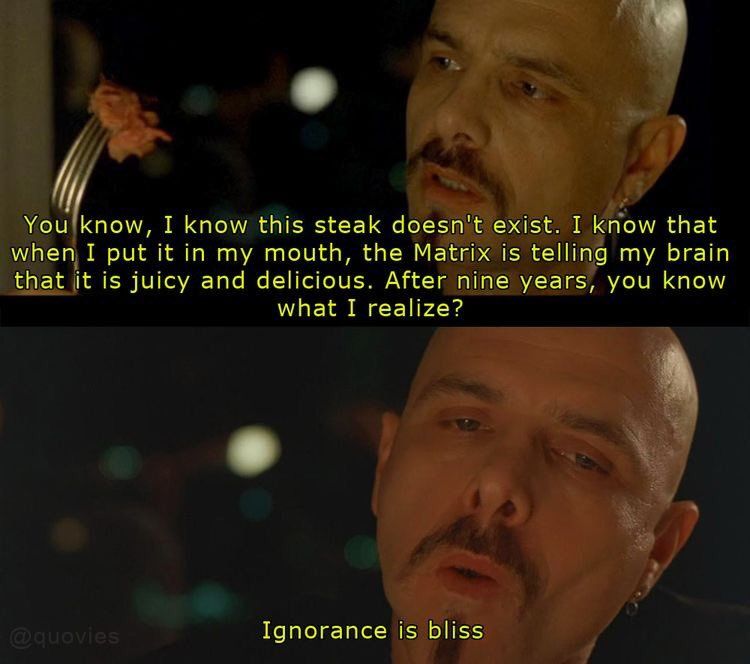I follow another forum and they recently released a new DAC that just came out of beta testing. I am pulling my hair out in frustration. I already have one of their $8000 DACs (CDN) that is a few years old. What is getting under my skin is "burn in time" for solid state electronics. I have a fairly substantial background in electronics. I was a hobbyist since grade 6 and have a diploma in electronic engineering technology (3 years). My career veered off to computers and I have been a a network engineer for over 20 years. That being said, I have a fairly linear and logical line of thought.
Why do golden ear audiophiles think that solid state electronics require a break-in period? Since all of our audio equipment runs on DC, why do all the idiots proclaim that conditioning the AC make a difference to the sound stage or sustain or whatever jargon they use? All the Bryston user manuals for their amplifiers state that 'out of the wall' AC is all you need need because the amps have the proper filtration and conditioning.
Am I torturing myself or do any of you feel the same frustration (and contempt) I do?
Why do golden ear audiophiles think that solid state electronics require a break-in period? Since all of our audio equipment runs on DC, why do all the idiots proclaim that conditioning the AC make a difference to the sound stage or sustain or whatever jargon they use? All the Bryston user manuals for their amplifiers state that 'out of the wall' AC is all you need need because the amps have the proper filtration and conditioning.
Am I torturing myself or do any of you feel the same frustration (and contempt) I do?


